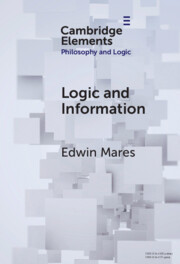The study of dis/misinformation is currently in vogue, however with much ambiguity about what the problem precisely is, and much confusion about the key concepts that are brought to bear on this problem. My aim of this paper is twofold. First, I will attempt to precisify the (dis/mis)information problem, roughly construing it as anything that undermines the “epistemic aim of information.” Second, I will use this precisification to provide a new grounded account of dis/misinformation. To achieve the latter, I will critically engage with three of the more popular accounts of dis/misinformation which are (a) harm-based, (b) misleading-based, and (c) ignorance-based accounts. Each engagement will lead to further refinement of these key concepts, ultimately paving the way for my own account. Finally, I offer my own information hazard-based account, which distinguishes between misinformation as content, misinformation as activity, and disinformation as activity. By introducing this distinction between content and activity, it will be shown that my account is erected on firmer conceptual/ontological grounds, overcoming many of the difficulties that have plagued previous accounts, especially the problem of the proper place of intentionality in understanding dis/misinformation. This promises to add clarity to dis/misinformation research and to prove more useful in practice.
